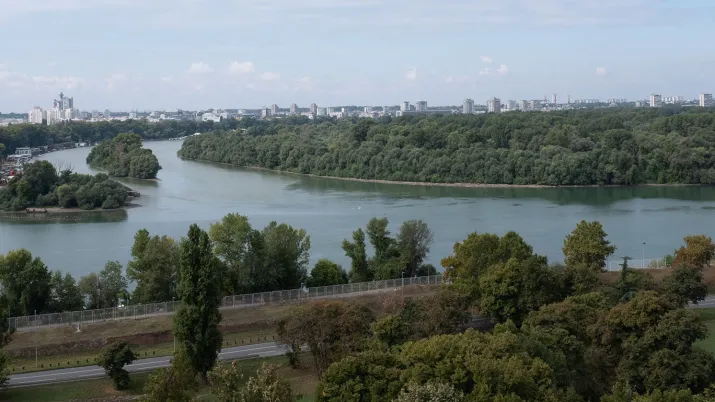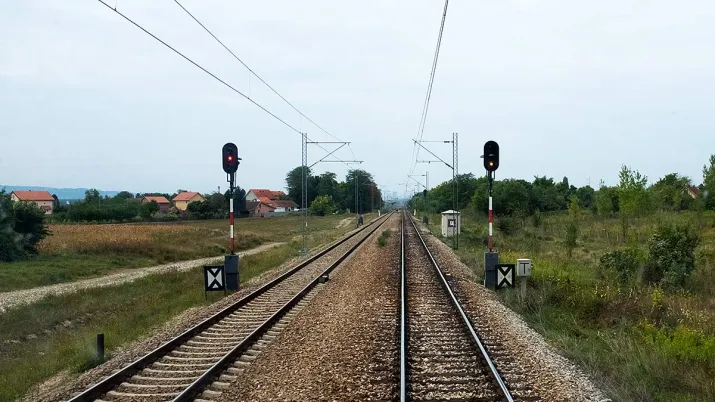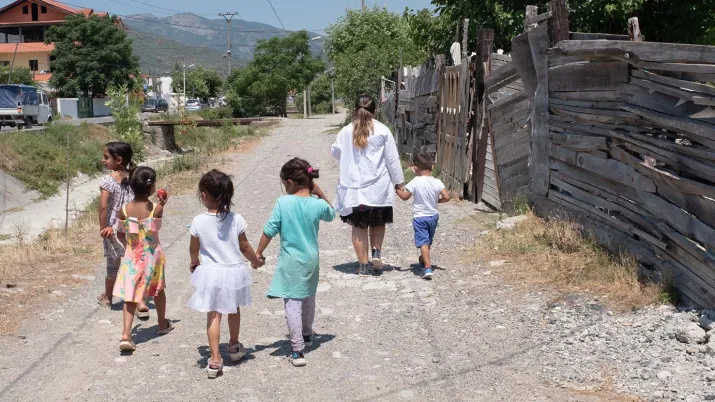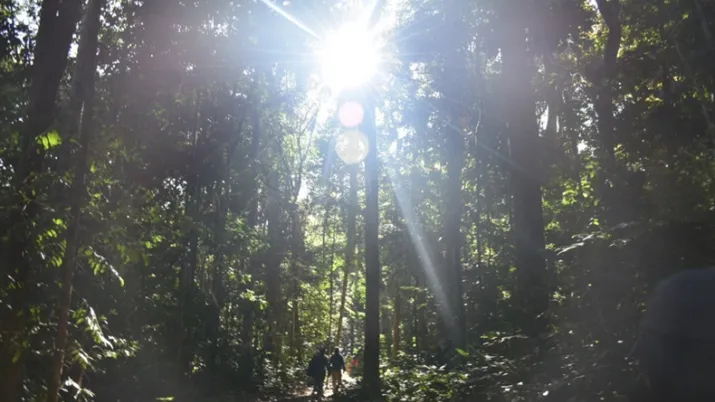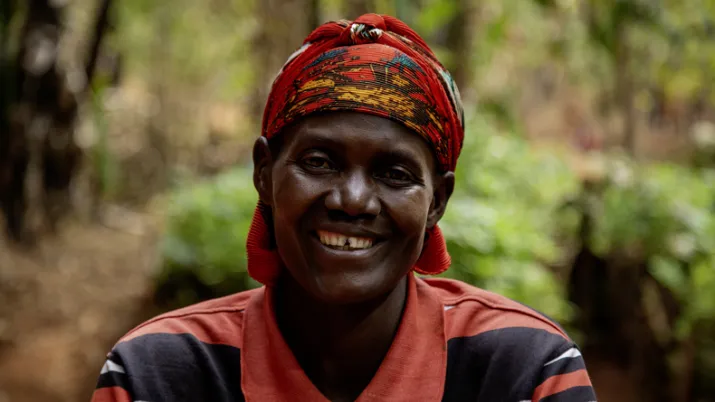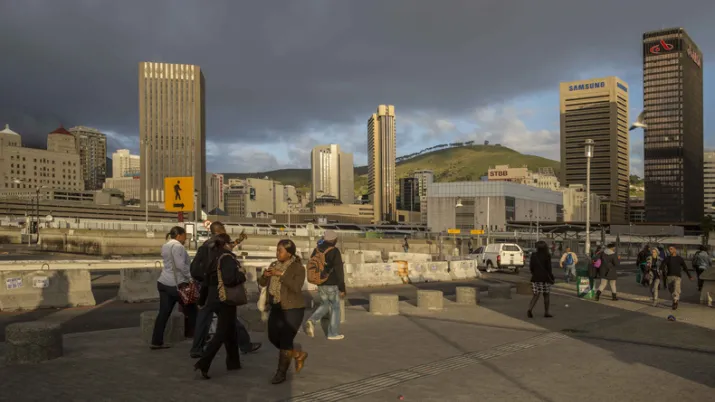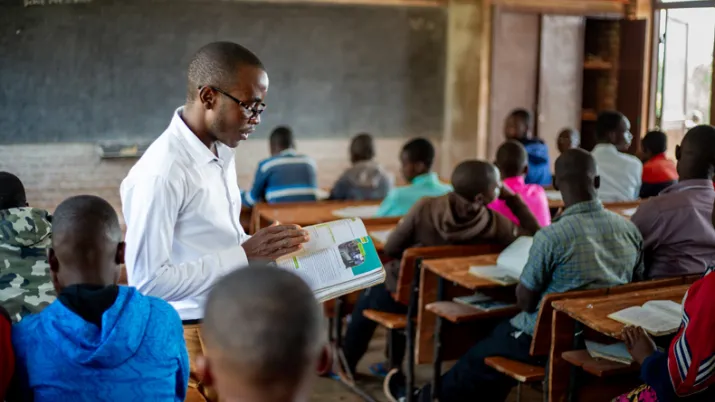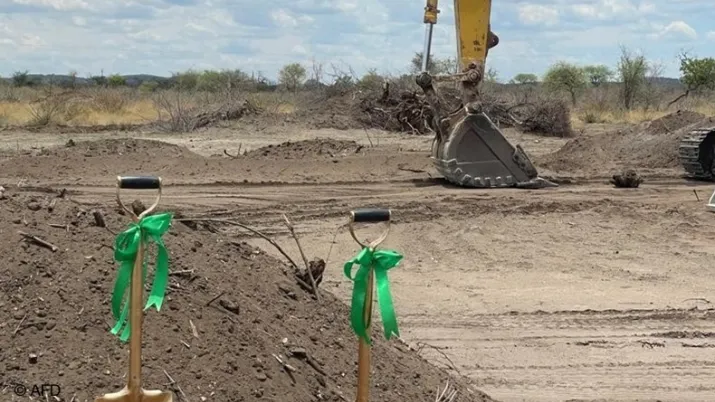Share the page
Policy Based Loan Resilience and Green Development
Project
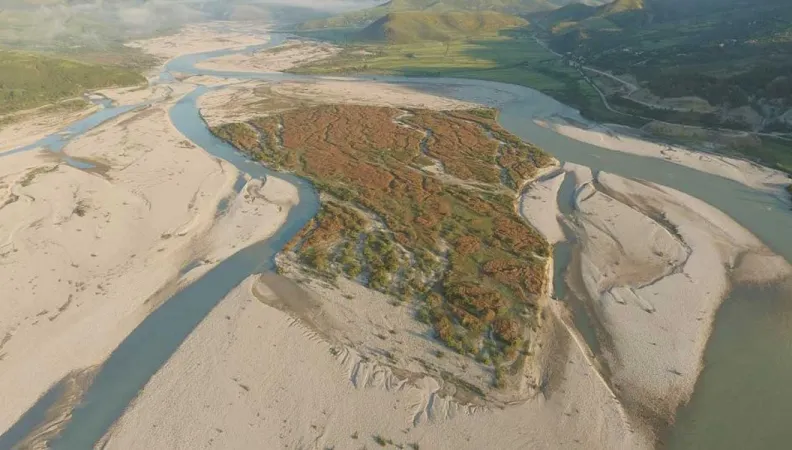

-
Project start date
-
Status
Ongoing
-
Project end date
-
-
Project duration
-
12 years
-
AFD financing amount
-
€ 120 800 000
-
Country and region
-
Location
-
Albania
-
Type of financing
-
Beneficiaries
-
Republic of Albania
In a context of Albania’s convergence toward the European Union acquis, the « Resilience and Green Development» programme aims to support the Albanian authorities in the implementation of ambitious environmental and climate public policies.
Context
Albania is the most vulnerable country in Europe to geological and climatic risks. Albania has been the victim of several earthquakes including the one in 2019 and is also facing frequent floods, landslides, fires, droughts, and extreme temperatures are becoming more frequent.
Waste management is also a major challenge in the country: in addition to contributing significantly to green-house gas emissions, waste also pollutes Albania’s coastal ecosystem, which harms the country’s tourism potential (whose contribution is close to 30% of GDP, thanks in particular to national protected areas and biodiversity hotspot).
Building on Albania’s recent efforts on environmental and climate issues, the Council of the European Union decided to open accession negotiations with Albania in July 2022, in particular within the framework of Chapter 27 of the EU acquis relating to the Environment.
Description
The Albanian authorities have requested the World Bank and AFD to support them in setting up an agenda of structural reforms in terms of environmental and climate policies.
The reforms are structured around three main pillars: (i) strengthening the resilience of government and house-holds through, in particular, taking climate impacts into account in budget implementation and prioritizing public investments, (ii) promoting renewable energy and energy efficiency and (iii) strengthening environmental protection and reducing the carbon footprint, notably through the promotion of the circular economy, improvement of management of protected areas or establishment of a system for monitoring and controlling greenhouse gas emissions.
Impacts
The implementation of the reforms foreseen in the programme should make it possible to adopt a regulatory framework allowing a better consideration of climate and environmental issues, and thus improve the country’s resilience to climate shocks. Specifically, the program will:
- Provide authorities with a green budget methodology, which is an essential starting point for integrating climate change into the public budgeting and planning process;
- Establish a system to identify and budget the risks of natural disasters, particularly those related to climate change, in order to improve the resilience of the Albanian economy to climate shocks;
- Include climate change considerations in the selection process for public investment, to redirect investment spending towards projects that promote climate action and environmental sustainability;
- Adopt energy efficiency standards and implement energy performance certification in public buildings;
- Promote a ban on the use of single-use plastic bags and establish a system of extended producer responsibility;
- Promote the introduction of a monitoring, reporting and verification system for greenhouse gas emissions;
- Develop a local climate change adaptation plan and a local greenhouse gas mitigation plan;
- Support the development and implementation of protected area management plans.



